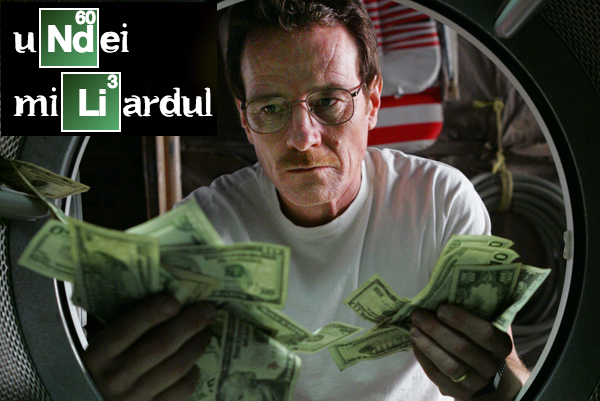
We are counting the fourth year since we learned about the financial crimes that threw Moldova in a deep social-economic and political crisis (the effects of which are vehemently denied by Moldova’s present authorities).
Building on previous work (another paper here, a monitoring platform here, and the whole issue described here, with more work), I am publishing a new paper on the subject:
Executive summary – “Too big to jail” (click to download pdf)
Policy brief – “Too big to jail” (click to download pdf)
The paper elaborates on how, in almost four years, the Moldovan government has shown, among others:
- attempts to legalize proceeds from grand corruption.
- no progress in the investigation
- attempts to misinform the public and the international community about the basic facts related to the financial crimes
- restricting access to the findings of the Kroll-2 report, in order to prevent public pressure from building up on institutions that are supposed to act.
After having laundered massive amounts of money from Russia, and after over one billion USD has been stolen from the National Bank of Moldova reserves, the banking system reform is being offered as an “alternative” to the investigation of the financial crimes. It is a reform carried out on ruins, and this trade-off must not be accepted.
Any crisis has an end, and Moldova is, indeed, coming out of this self-inflicted crisis. Short-term effects (like inflation, prices, currency exchange rate and collapsing trade) give way to long-term effects (public debt and state capture).
These financial crimes posed and still pose a security risk, not only for Moldova, but also for EU and its member states.
The main conclusion (more in the paper): four years is enough to conclude that the Moldovan authorities will not investigate these crimes, will not prosecute those responsible, and will not recover stolen assets. The actions speak for themselves. Corruption in Moldova has reached a point when in cannot be overcome only from within the country. Corruption in Moldova is a serious threat to the functioning of democratic institutions and to democracy itself.
The main recommendation (more in the paper): the EU has the legitimacy and the interest to initiate an international investigation of the financial crimes. This can be started by enacting Article 18 of the EU-Moldova Association Agreement, which says that, if the financial systems of both parties (EU and Moldova) has been used for money laundering (see laundromat), an international investigation and asset recovery should be put in place. This paper openly calls for such international investigation. So far, the only true investigations on the matter came from journalists.
EU-Moldova Association Agreement, Article 18: Money laundering and terrorism financing
1. The Parties shall cooperate in order to prevent the use of their financial and relevant non-financial systems to launder the proceeds of criminal activities, as well as for the purpose of terrorism financing. This cooperation extends to the recovery of assets or funds derived from the proceeds of crime.
2. Cooperation in this area shall allow exchanges of relevant information within the framework of respective legislations and the adoption of appropriate standards to combat money laundering and financing of terrorism equivalent to those adopted by relevant international bodies active in this area, such as the Financial Action Task Force on Money Laundering (FATF).
Could An Oligarch Build a Democracy in Moldova? – Dumitru Alaiba – negru pe alb
[…] years ago Moldova laundered $22 billion from Russia to EU accounts. One billion USD (equivalent to 15 percent of the tiny country’s GDP) was stolen from the […]
Democracy Is Under Major Attack in Moldova. Is Anyone Paying Attention? Article for the Atlantic Council. – Dumitru Alaiba – negru pe alb
[…] $1 billion was looted from the National Bank of Moldova’s reserves and another $22 billion was laundered from Russia […]